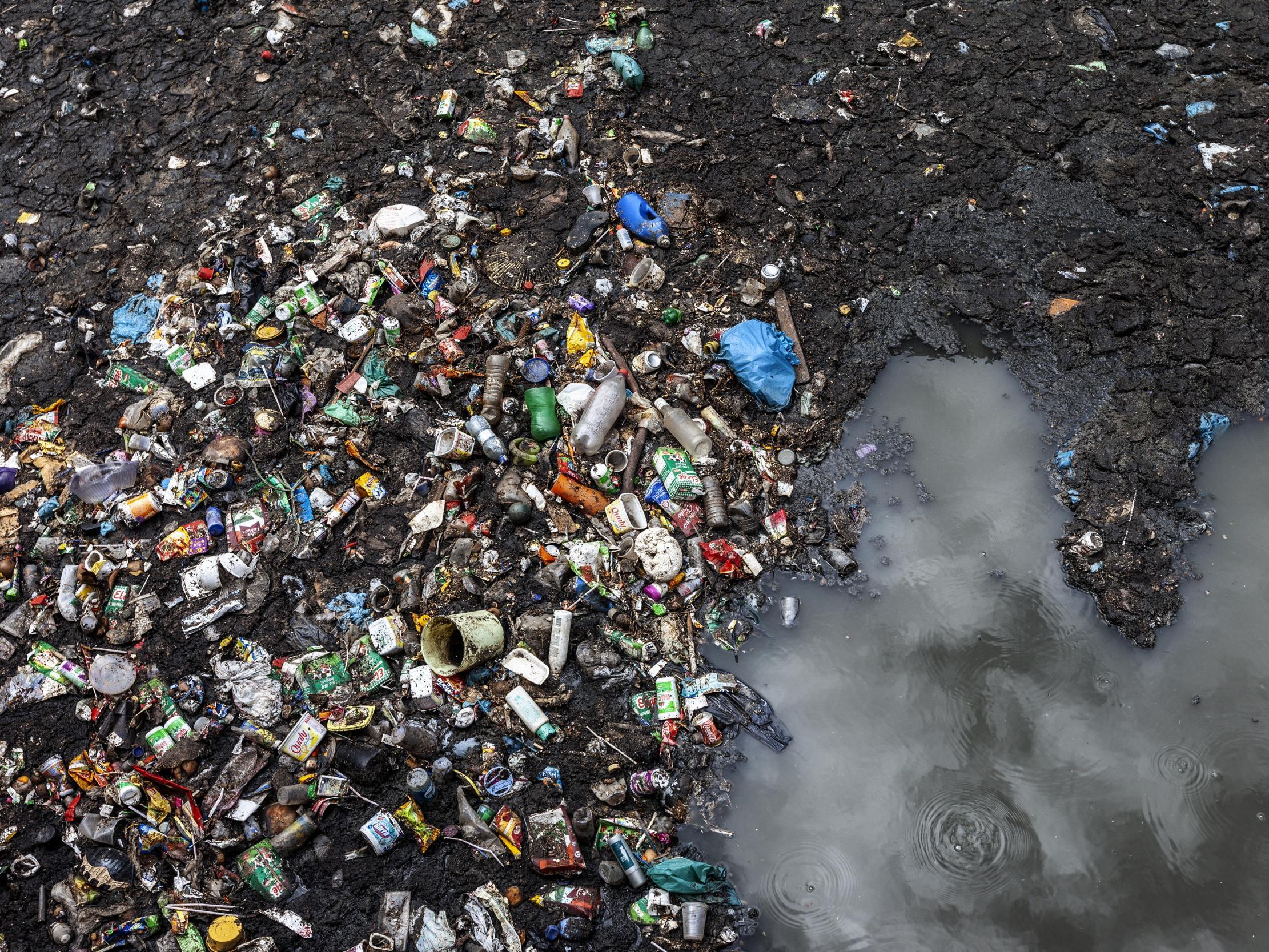Microplastics stunt growth of worms, study finds
Worms increase soil nutrients and inhibiting their work would seriously damage overall biodiversity

Your support helps us to tell the story
From reproductive rights to climate change to Big Tech, The Independent is on the ground when the story is developing. Whether it's investigating the financials of Elon Musk's pro-Trump PAC or producing our latest documentary, 'The A Word', which shines a light on the American women fighting for reproductive rights, we know how important it is to parse out the facts from the messaging.
At such a critical moment in US history, we need reporters on the ground. Your donation allows us to keep sending journalists to speak to both sides of the story.
The Independent is trusted by Americans across the entire political spectrum. And unlike many other quality news outlets, we choose not to lock Americans out of our reporting and analysis with paywalls. We believe quality journalism should be available to everyone, paid for by those who can afford it.
Your support makes all the difference.The damaging effect of plastic waste in the ocean is well-documented but new research shows this polluting material could also make soils significantly less fertile.
Scientists have found microplastics stunt the growth of worms, which could have serious impacts on entire ecosystems and inhibit the growth of crops that feed humans.
Exposure to plastic commonly used in the production of bottles and carrier bags caused earthworms to lose 3.1 per cent of their weight over a 30-day period, according to a new study.
During the same period, earthworms in soil without plastic in increased their weight by 5.1 per cent.
This is worrying because worms are “ecosystem engineers” that ingest dead organic matter and contribute to overall availability of nutrients. If they are losing weight and becoming stunted it could seriously damage overall biodiversity.
“Their burrowing activity improves soil structure, helping with drainage and preventing erosion,” said co-author Connor Russell from Anglia Ruskin University.
“It’s therefore highly likely that any pollution that impacts the health of soil fauna, such as earthworms, may have cascading effects on other aspects of the soil ecosystem, such as plant growth,” he said.
The research, published in Environmental Science and Technology, is the first to look at how microplastics affect endogenic worms, which live in the topsoil.
Microplastics include broken down food packaging, bags, synthetic fibres and beads found in personal hygiene products.
The risk to people is still not known but there are concerns they can accumulate toxic chemicals and the tiniest pieces could even enter the bloodstream.
Researchers looked at the effects of biodegradable polylactic acid (PLA), high-density polyethylene (HDPE), and microplastic clothing fibres (acrylic and nylon) in the soil.
Scientists found HDPE – commonly used in plastic bottles and bags – led to a decrease in soil pH. Soil containing PLA – a biodegradable form of plastic – caused ryegrass to have stunted growth. Both PLA and clothing fibres caused fewer ryegrass seeds to germinate.
Researchers do not know the specific reasons why plastic causes worms to lose weight.
Lead author Dr Bas Boots from Anglia Ruskin University said: “It may be that the response mechanisms to microplastics may be comparable in earthworms to that of the aquatic lugworms, which have been previously studied.
“These effects include the obstruction and irritation of the digestive tract, limiting the absorption of nutrients and reducing growth.”
Worms are vital to the balance of the ecosystem, creating pores in the earth through which oxygen and water enters, and carbon dioxide leaves. Their faeces are also very important and are responsible for the fine crumb structure in some soils.
Dr Boots said: “Environmental contamination by microplastics is now considered an emerging threat to biodiversity and ecosystem functioning.
“Soil ecosystems – particularly agricultural land – have been recognised as a major sink of microplastics but the impacts of microplastics on soil ecosystems – such as above and below ground – remain largely unknown.
“This study provides evidence microplastics manufactured of HDPE and PLA, and synthetic fibres, can affect the development of grass and the health of earthworms and crucial soil properties with potential further impacts on soil ecosystem functioning.”
Join our commenting forum
Join thought-provoking conversations, follow other Independent readers and see their replies
Comments